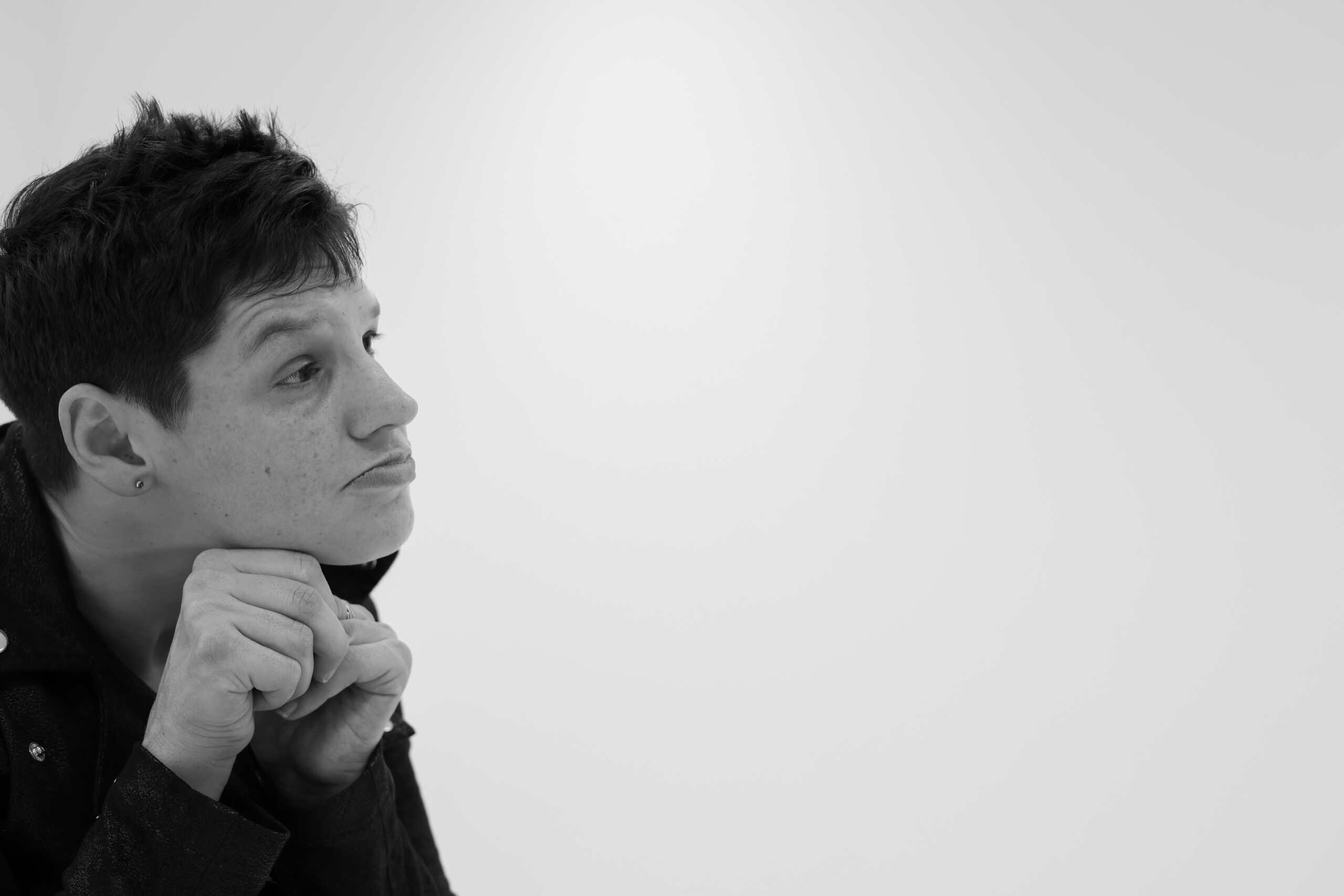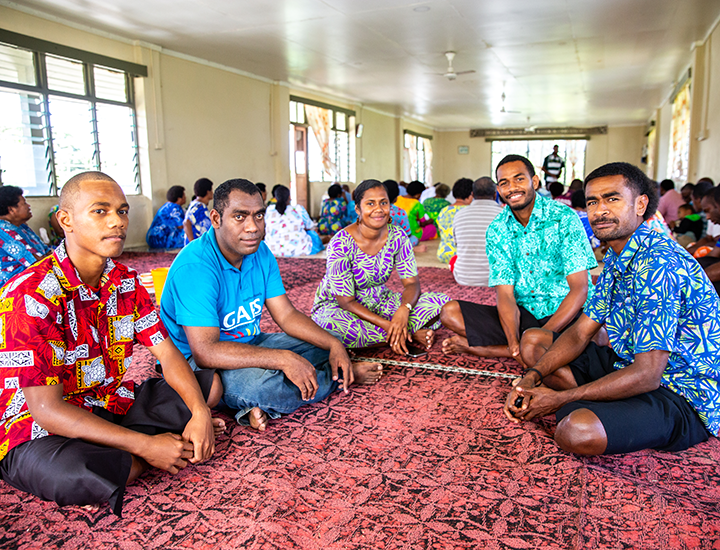What we do
People with disabilities in developing countries face enormous challenges including stigma, violence, and profoundly diminished access to physical and mental health care, food, education and assistive devices. Together these mean that people with disabilities commonly live in extreme poverty. And people living in poor communities are more likely to have or to acquire a disability.
At CBM, we have more than 115 years’ experience developing proven community-based programs that help millions of people with disabilities benefit from real and lasting change.
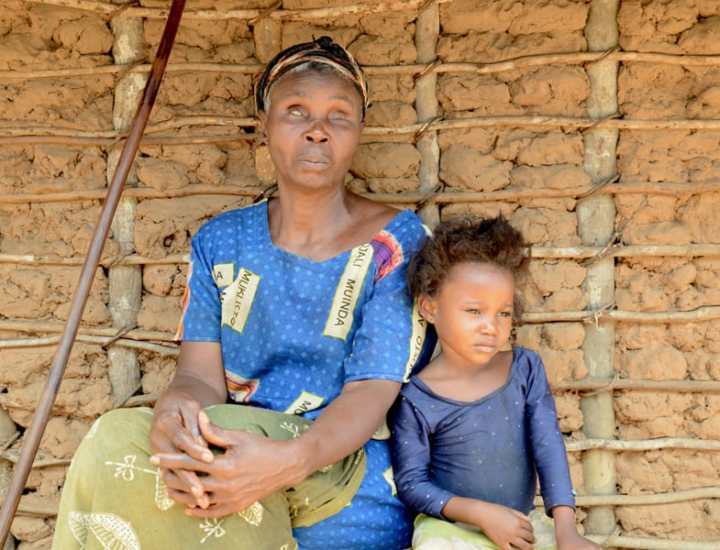
What is the cycle of poverty and disability?
Poverty and disability go hand-in-hand, making people with disabilities some of the poorest in the world. As disability inclusion advocates, our aim is to ensure we empower and support those most in need living in situations of vulnerability. A combination of people’s attitudes, poor legislation and a physically-limiting environment can also stop people with disabilities from having the same opportunities as everyone else. This is a human rights issue. And one we cannot ignore.
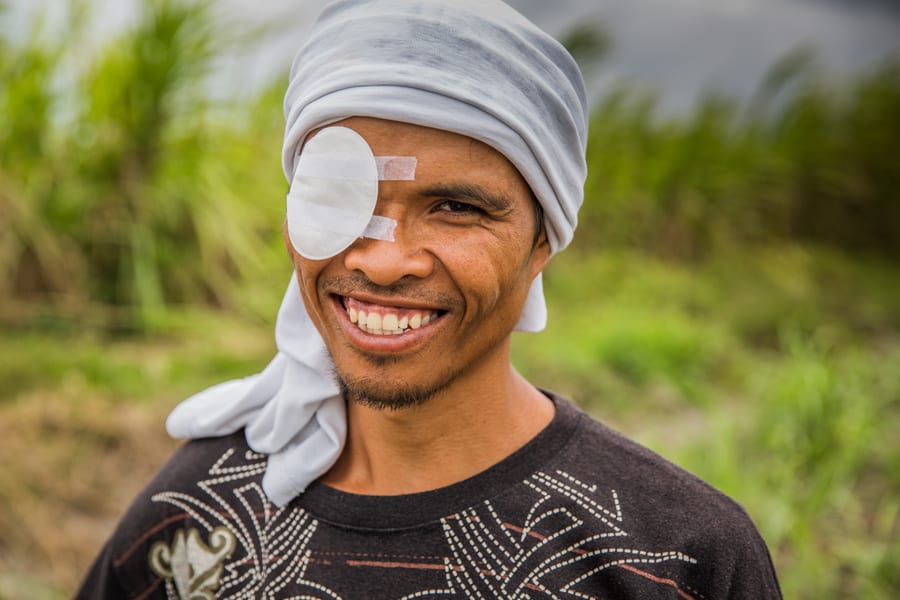
Health care and rehabilitation
CBM works with local partners to prevent and treat avoidable causes of blindness such as cataract, river blindness and trachoma, and treat conditions like clubfoot to avoid permanent impairment.
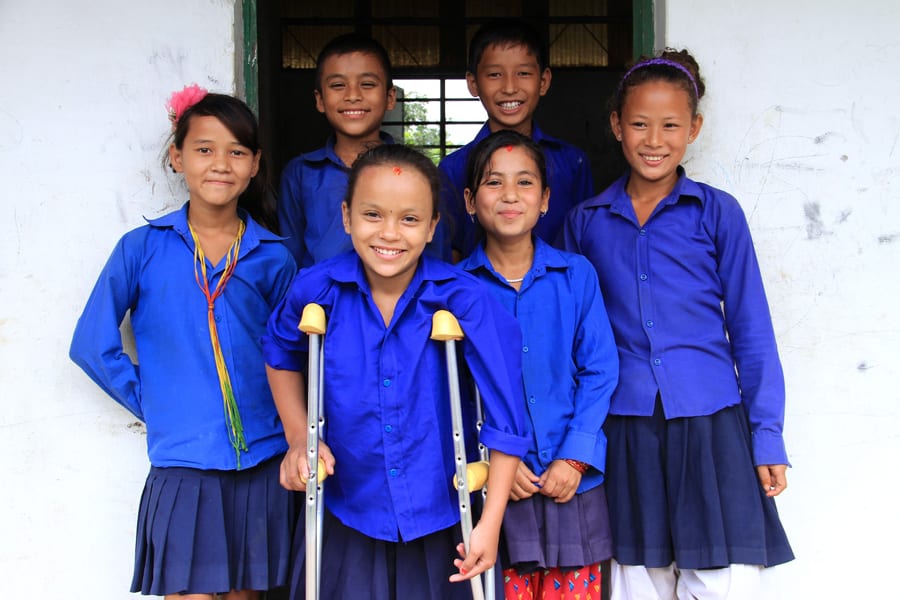
Equality and opportunity
Our work opens the door for people with disabilities to gain an education, open a business, earn a living, make friends and be part of their community, often for the first time in their lives.
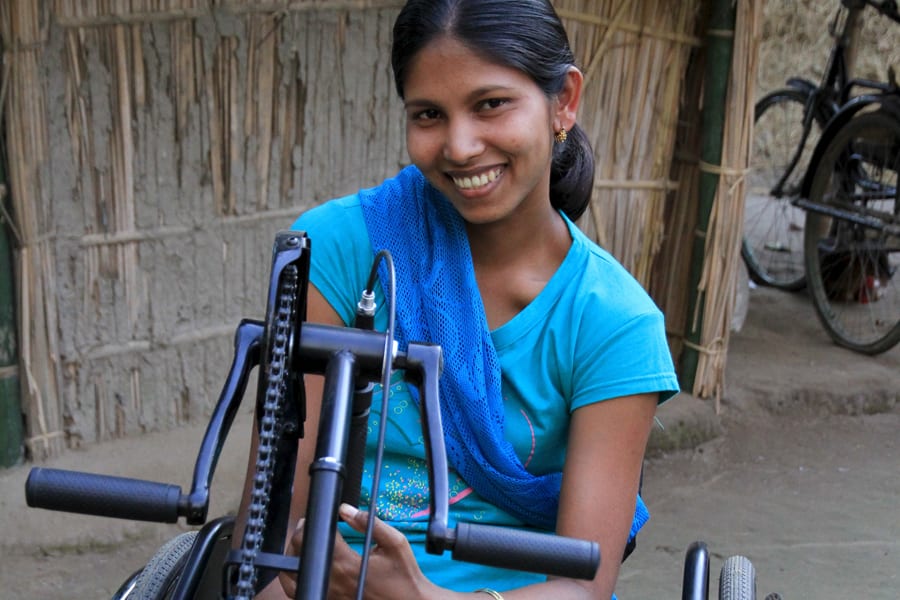
Influencing and advocacy
Positive societal change happens when people with disabilities are free from unfair obstacles. This means changing attitudes and beliefs, as well as physical environments, systems and policies.
Our field programs
We partner with local community organisations, NGOs, and governments*, bringing the best possible combination of CBM’s international resources together with deeply relevant local knowledge, relationships and influence.
Inclusion Advisory Group
We partner with the disability movement to influence governments, organisations and institutions, and we provide proven and trusted technical advice with quality-assurance mechanisms to ensure rights-based, disability inclusive development.
Our advocacy
CBM Australia is well placed to leverage our evidence base and technical expertise to influence key decision makers in government and the development sector to ensure Australia leads the way in disability inclusion being a strong focus of the Australian aid program.
Global alliance
CBM Australia, part of CBM Global Disability Inclusion works in partnership with the disability movement. This and our wider partnership approach is key to achieving our mission. We believe that cooperation and collaboration are crucial to achieving our impact and your charitable donations form the foundation to help us continue to advocate for disability inclusive activities ensuring long-term funding for those most in need.
Our Vision, Mission and Values
CBM is a Christian charity organisation devoted to supporting people with disabilities living in poverty
CBM Australia works alongside people with disabilities in the world’s poorest places to fight poverty and exclusion, and transform lives.
Drawing on more than 115 years’ experience, we are values driven and work with the most marginalised in society to:
- End the cycle of poverty and disability;
- Treat and prevent conditions that lead to disability; and
- Build inclusive communities where everyone can enjoy their human rights and achieve their full potential.
We work in more than 20 countries, investing in long-term, authentic partnerships with the disability movement and multiplying our impact by delivering a combination of inclusive community-based programs, health system strengthening, advocacy for national and global policy change, and inclusion advice to other organisations and governments.
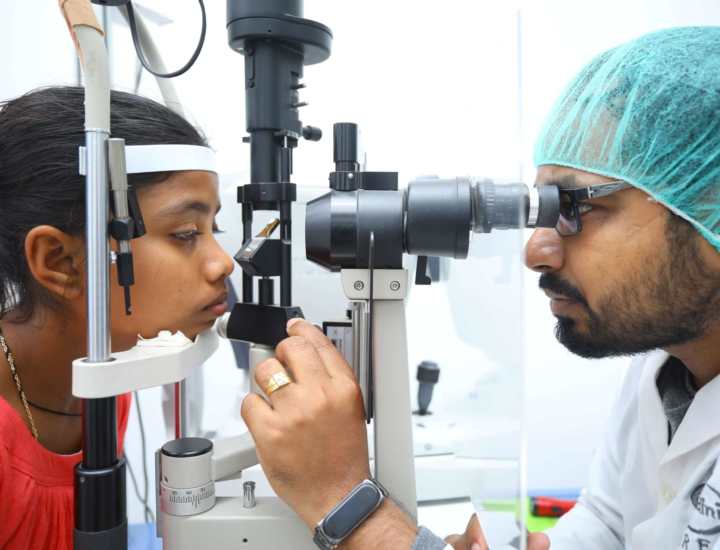
Our Vision and Mission
At CBM Australia, we have a vision for an inclusive world in which all people with disabilities enjoy their human rights and achieve their full potential.
We are devoted to our mission to end the cycle of poverty and disability.
We do this because we are an international Christian development organisation.
Achieving our mission to fight the cycle of poverty and disability
CBM Australia is a Christian international disability development organisation.
Our disability inclusive advocacy ensures people with disabilities are empowered and included in planning and decision making. We keenly advocate for justice and a generous Australian aid program.
We are driven by our vision for an inclusive world in which all people with disabilities enjoy their human rights and achieve their full potential.
We do this because people with disabilities living in poverty face stigma, violence and discrimination, and have reduced access to health care, rehabilitation, assistive devices, safe and accessible living environments, education and employment. In emergencies, people with disabilities are often the worst impacted and face a higher risk of being injured or losing their lives during a disaster.
We build authentic partnerships with the Disability Movement
We draw on more than 115 years of experience, seeking out the most effective and innovative approaches to realise our mission.
We create concrete and sustainable change for and with people with disabilities, their families and communities through our three vehicles of change: field programs, external advisory and advocacy.
We practise and promote disability inclusion in contexts ranging from humanitarian preparedness and emergency response to long-term development and system change.
We are partnership based, working in authentic partnership with the disability movement and with other key organisations at the local, national, and global level.
In partnership with and accountable to the Disability Movement
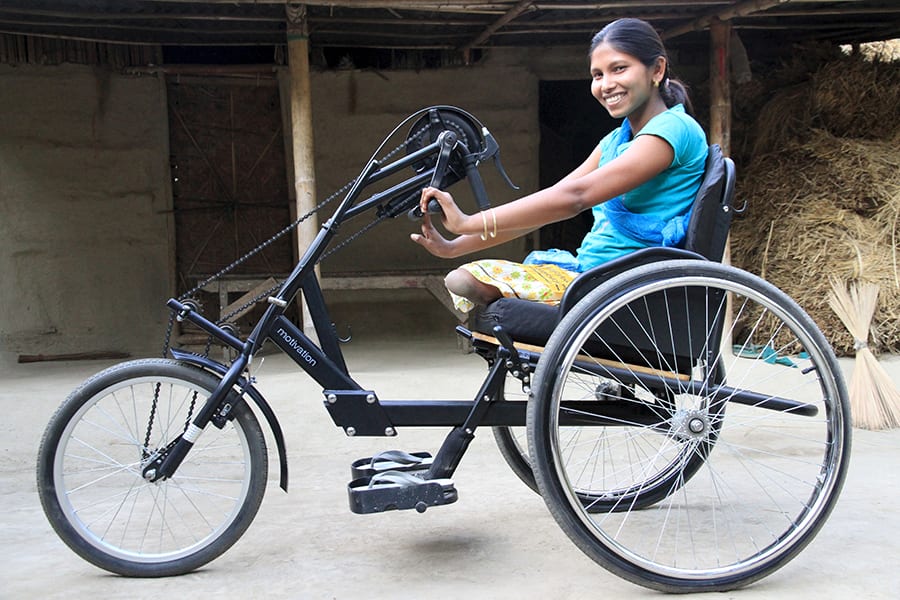
Advocacy
Disability advocacy, both in the field and in Australia, is central to CBM Australia achieving its mission of transforming the lives of people with disabilities in the world’s poorest communities. Our disability rights advocacy service ensures CBM Australia can make an even greater impact.
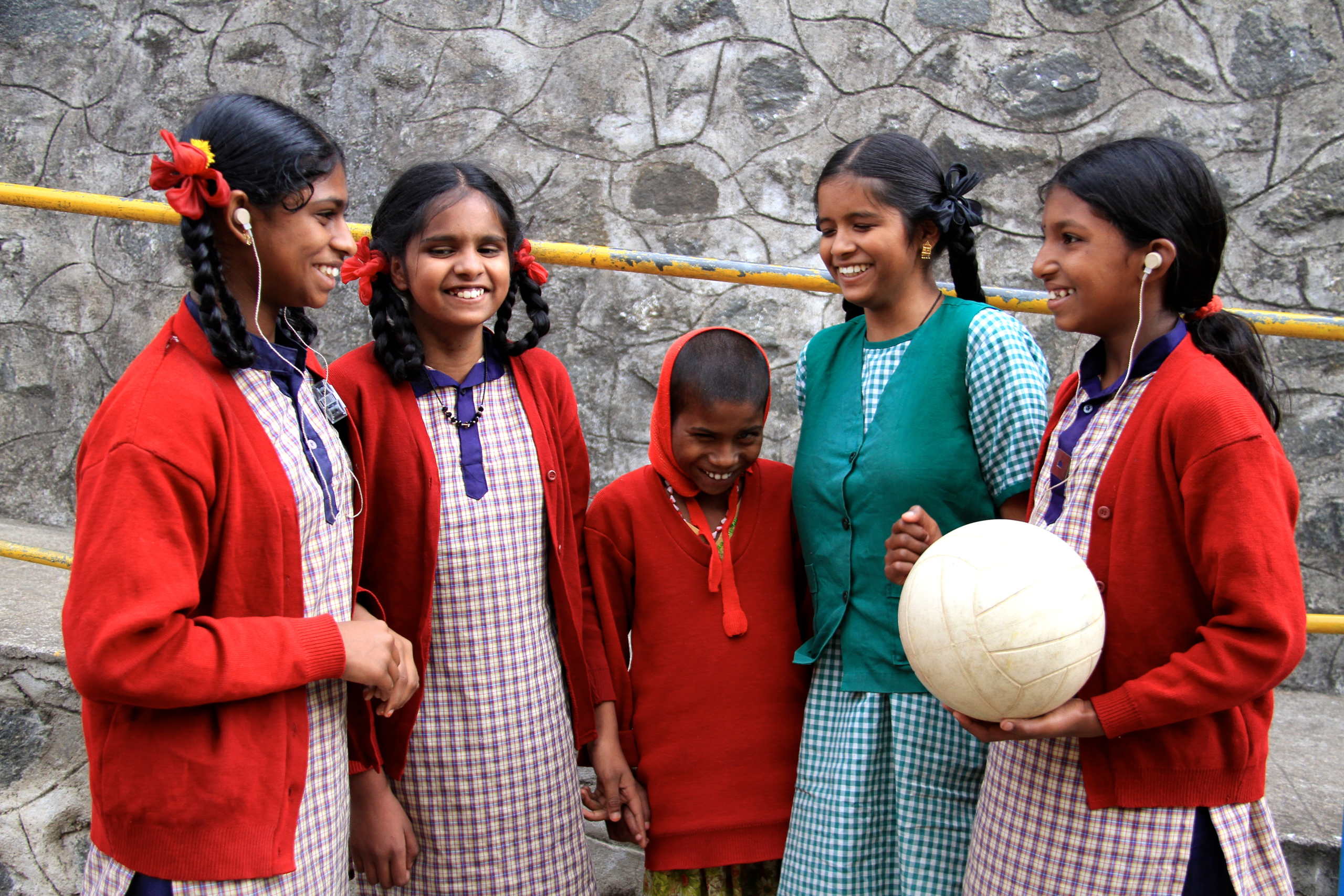
Field programs
Prior to the COVID-19 pandemic, the world had been making progress in tackling poverty. Despite this, people with disabilities were being left behind. The pandemic now threatens to undo progress towards ending extreme poverty and is revealing the extent of the exclusion and discrimination experienced by people with disabilities.
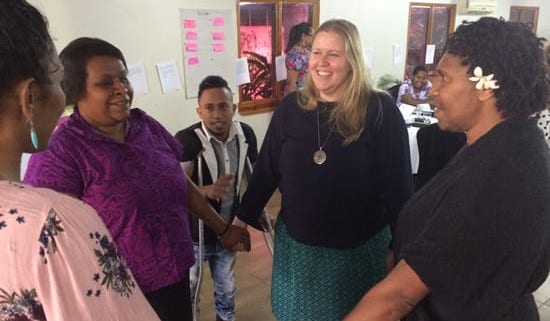
External advisory
We partner with the disability movement to influence organisations, institutions and systems to realise the rights of people with disabilities. We believe that tailored input, communicated effectively, with the right people at the table can help make inclusion a reality.
CBM Australia’s Annual Report 2023
Together we continue to achieve extraordinary things alongside people with disabilities and their representative organisations in the poorest communities across the globe.
Australia, our region, and the world continue to wrestle with great uncertainty, fuelled by climate, conflict, and broader health anxieties. It is our ability to live with uncertainty, while being diligently constructive with the things we can control, that makes all the difference. People with disabilities in the poorest communities need us to make that difference by being their undaunted allies.
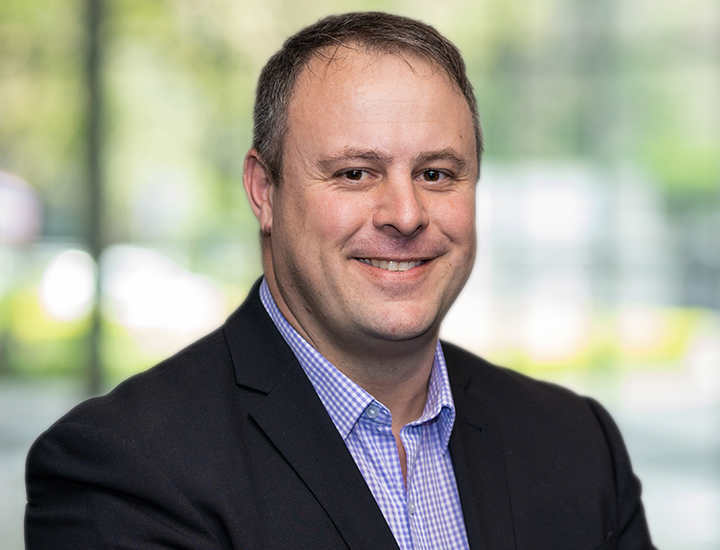
Andrew Ellis, Board Chair
“We are truly blessed to be part of a global movement that is harnessing our amazing gifts (dollars and talents) in a variety of different ways that amplify our diversity of lived experience.”
As seen in the 2023 Annual Report.
Jane Edge, CEO
“Ours truly is a movement of the heart. A movement that needs your continued prayers and support, so that CBM Australia together with our CBM Global Disability Inclusion Federation can continue to work towards lasting change.”
As seen in the 2023 Annual Report.
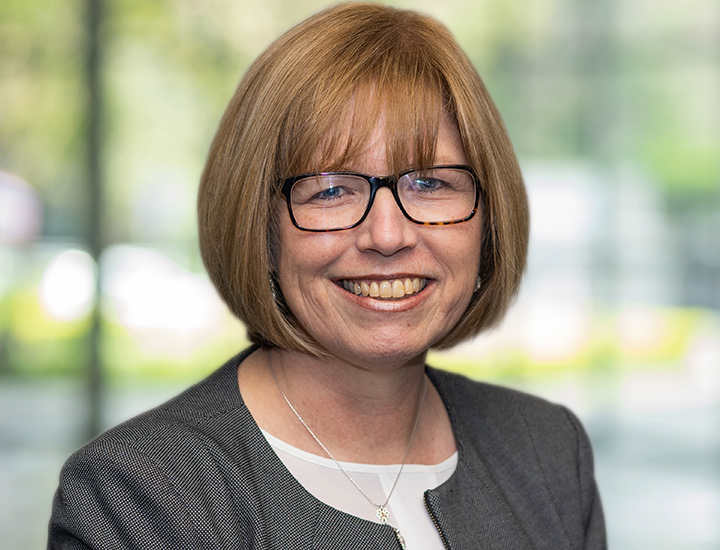
*CBM Australia is accredited by the Australian Department of Foreign Affairs and Trade (DFAT), responsible for managing the Australian Government’s aid program. CBM Australia receives support through the Australian NGO Cooperation Program (ANCP) for 28 field projects.


